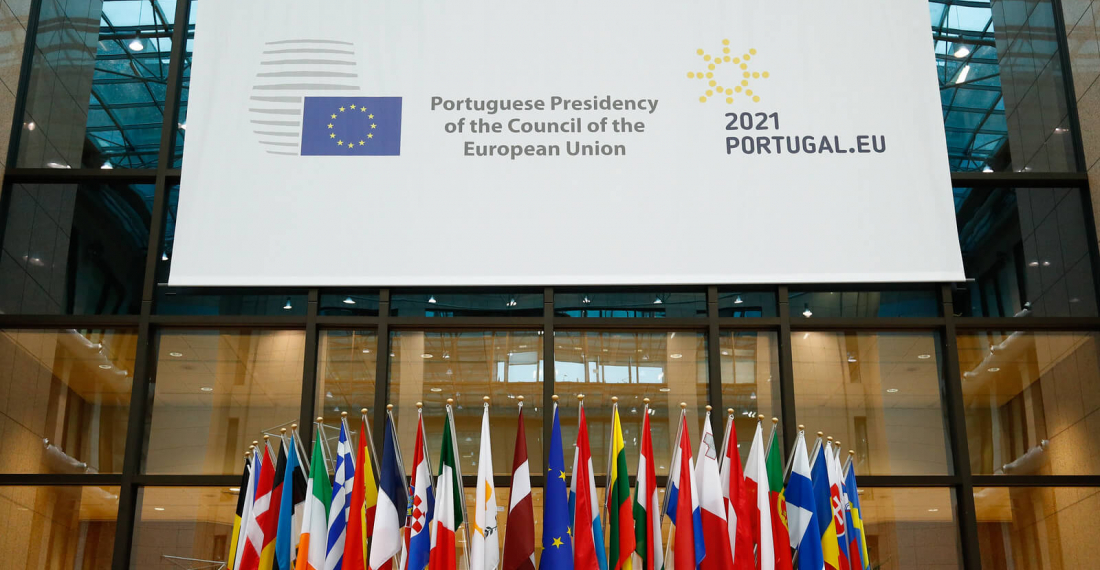A global Europe committed to effective multilateralism is one of the main priorities of the new Portuguese Presidency of the Council of the European Union, with “particular attention to neighbouring countries”.
The Portuguese Presidency, which began on 1 January 2021, will “defend results-oriented international partnerships for development, and promote debate on human development, in particular in the fields of health and education, including gender equality and women's empowerment”.
With the motto ‘Time to deliver: a fair, green and digital recovery’, the Portuguese Presidency aims to strengthen Europe's resilience and its citizens' confidence in the European social model, promoting a Union based on shared values of solidarity, convergence and cohesion to recover from the current pandemic crisis.
It will aim to ensure that the dual climate and digital transition is achieved in an inclusive way, without leaving anyone behind, while addressing the social dimension of the pandemic.
Portugal intends to prioritise the implementation of the European Green Deal with a view to sustainable economic recovery and to promote the approval of the first European Climate Law.
Portugal's Presidency will also support the creation of a European Health Union, which strengthens the capacity to respond to public health crises and to produce and distribute safe vaccines, in Europe and beyond.
Portugal will be presiding over the EU Council until 30 June 2021.






